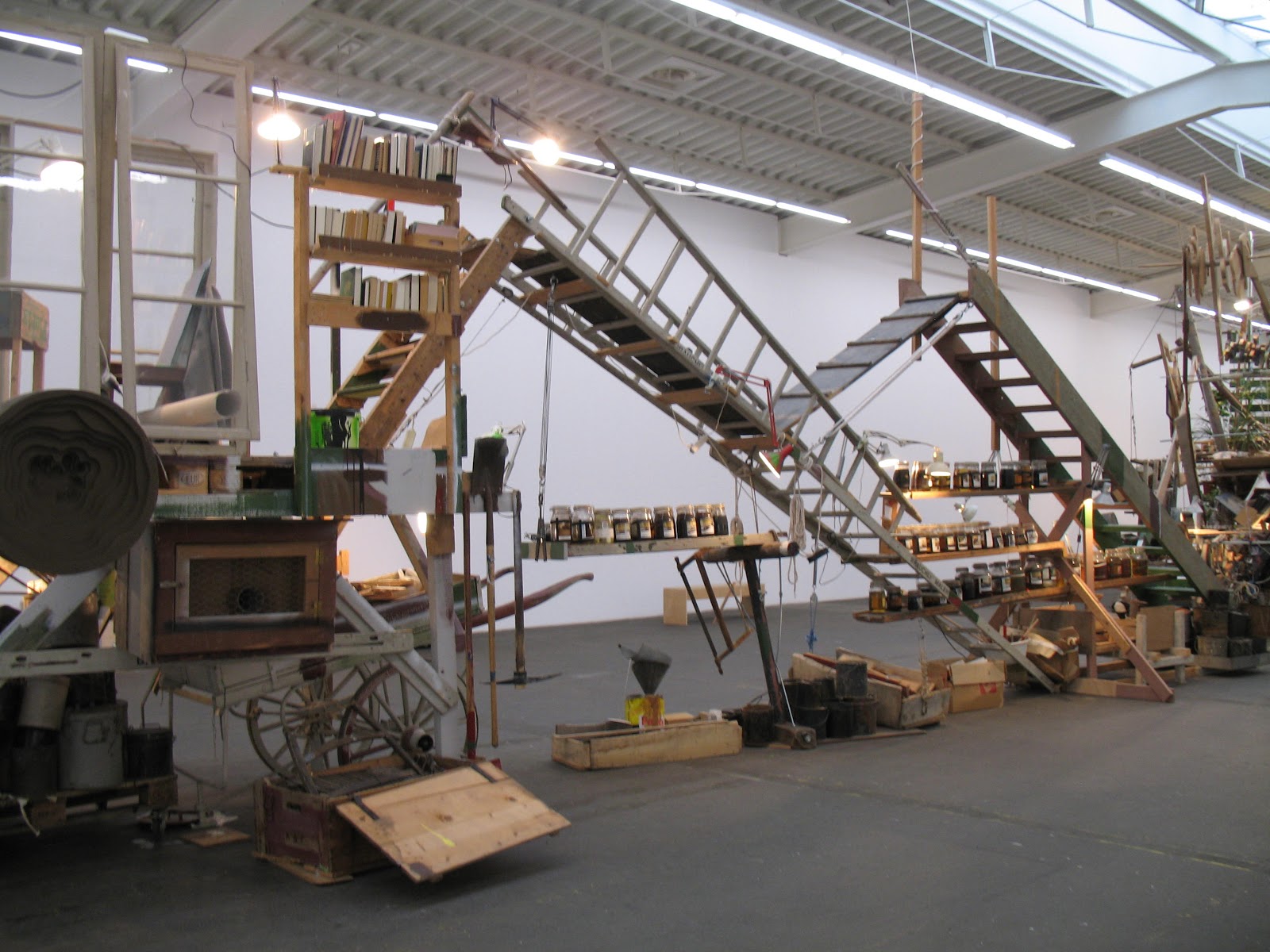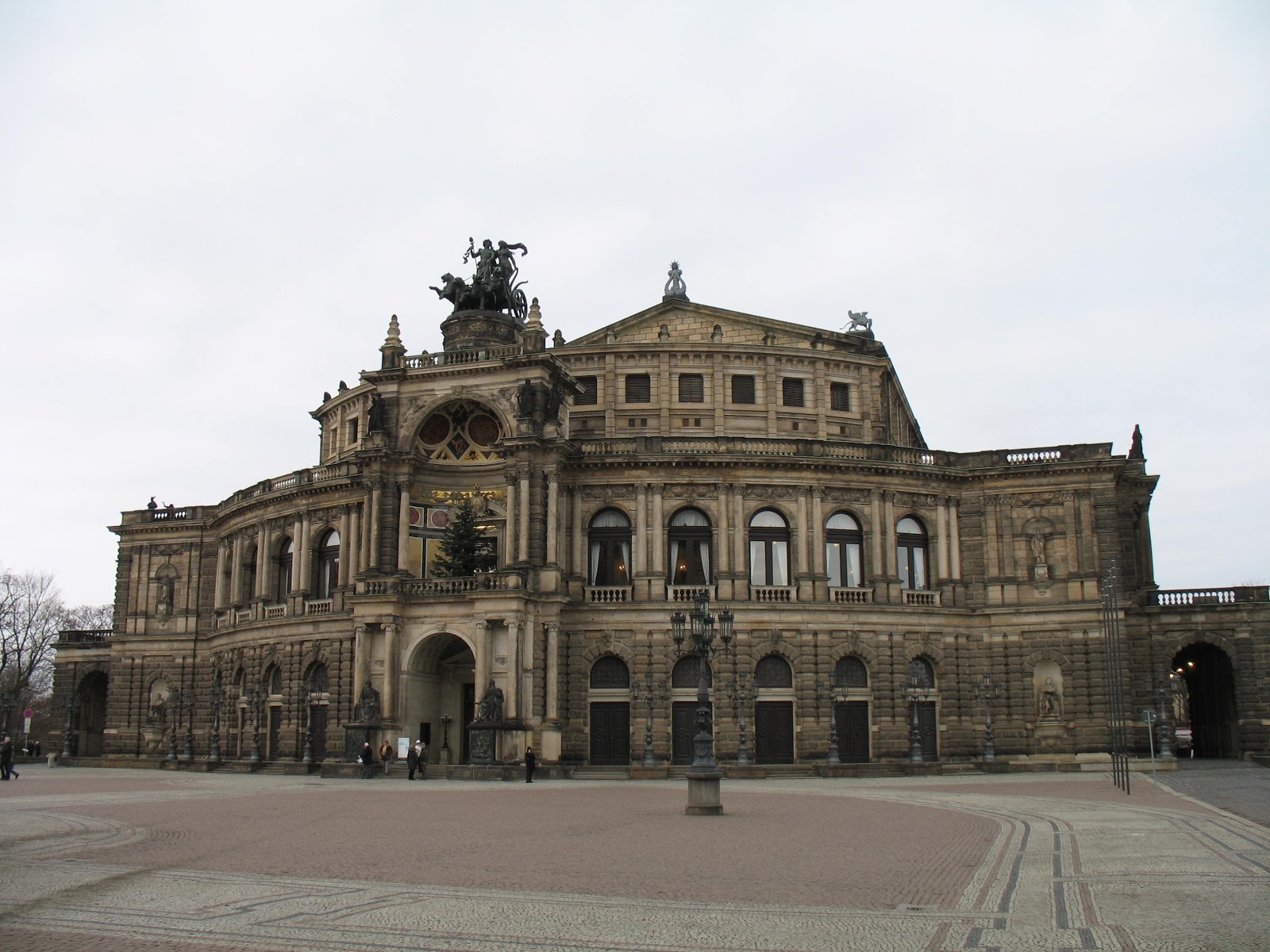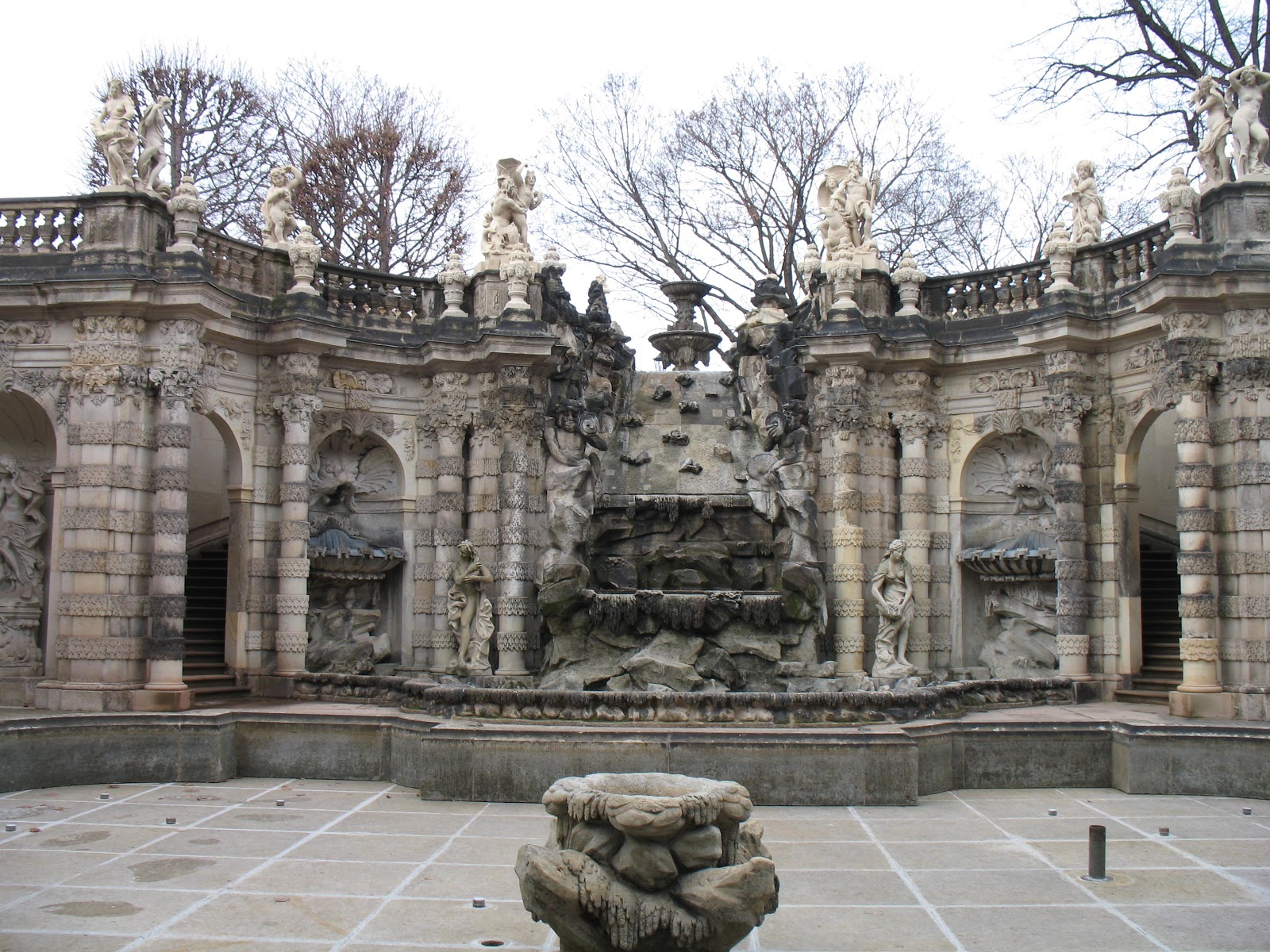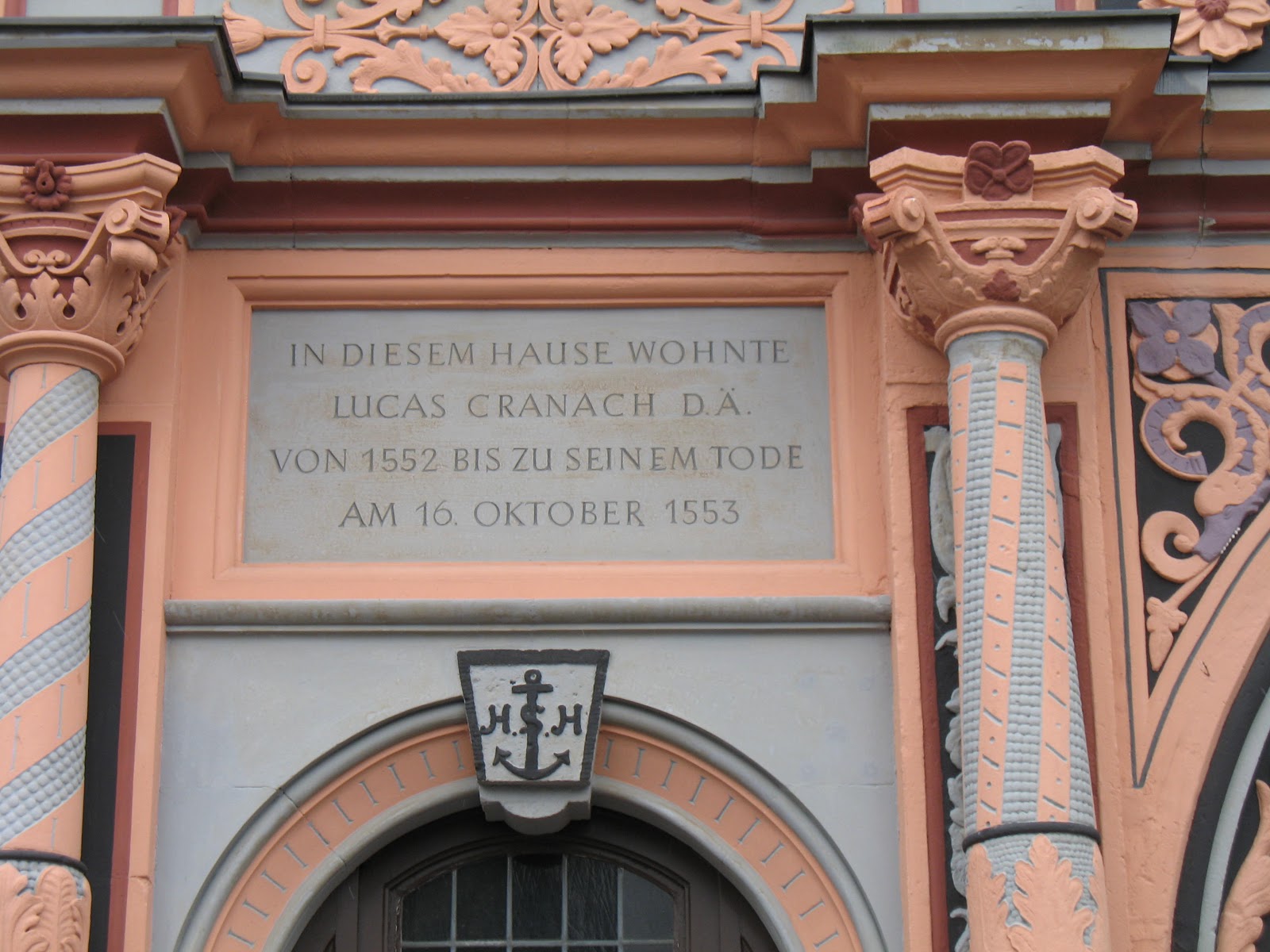Today was the last of my last days in Berlin. It's been another interesting visit. Much colder than last time so a lot more time spent indoors & a lot more time spent thinking about the weight of history, especially recent history. It's now a city where this is a tourist attraction
as is this, just a few hundred metres down the road.
And if that's not enough to evoke the recent past, what about this,
and this,
the memorial for the hundred or so ordinary people killed while trying to get from one side of the wall to the other.
In my museum visits a couple of images have really struck me as important to remember. Firstly this one, taken around about 1944, showing one man with the courage not to conform
and then this one, Gorbachev & Honecker meeting for the DDR's 40th anniversary celebrations, just two days before 70,000 ordinary people got together in Leipzig and hastened the end of the divided country.
No wonder the rest of the time I tried to find art to look at. And I found it in some unexpected places. This looked like the coldest campsite imaginable but was in fact sculpture.
Just like this,
this,
this,
and this.
The gallery itself was once a train station
Not far away, I came across some more art-related graffiti that really appealed (luckily in English not Deutsch)
And despite the sub-zero temperatures I did spend a bit of time outdoors looking at buildings. This is surely the strangest I have seen, the 'Bierpinsel' (ie, the 'beer brush', whatever that means). It was built over a U-bahn station to be a restaurant but, believe it or not, was never a great success. Now, sadly, it's empty and waiting to be redeveloped.
I also caught a couple of glimpses of this one.
But this is who I was really in Berlin to see.
as is this, just a few hundred metres down the road.
And if that's not enough to evoke the recent past, what about this,
and this,
the memorial for the hundred or so ordinary people killed while trying to get from one side of the wall to the other.
In my museum visits a couple of images have really struck me as important to remember. Firstly this one, taken around about 1944, showing one man with the courage not to conform
and then this one, Gorbachev & Honecker meeting for the DDR's 40th anniversary celebrations, just two days before 70,000 ordinary people got together in Leipzig and hastened the end of the divided country.
No wonder the rest of the time I tried to find art to look at. And I found it in some unexpected places. This looked like the coldest campsite imaginable but was in fact sculpture.
Just like this,
this,
this,
and this.
The gallery itself was once a train station
and still retains more than a few reminders of its former self.
Not far away, I came across some more art-related graffiti that really appealed (luckily in English not Deutsch)
And despite the sub-zero temperatures I did spend a bit of time outdoors looking at buildings. This is surely the strangest I have seen, the 'Bierpinsel' (ie, the 'beer brush', whatever that means). It was built over a U-bahn station to be a restaurant but, believe it or not, was never a great success. Now, sadly, it's empty and waiting to be redeveloped.
I also caught a couple of glimpses of this one.
But this is who I was really in Berlin to see.


























































































